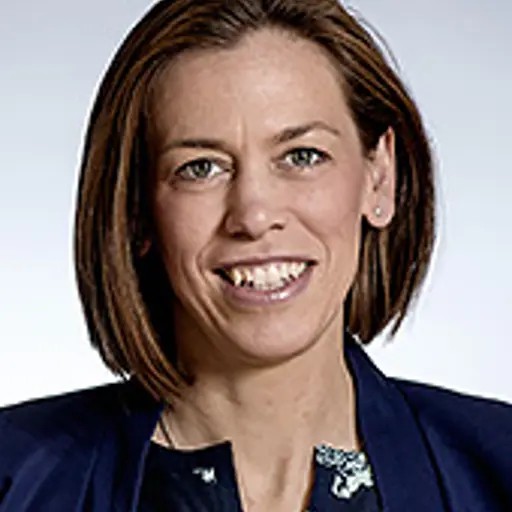Course syllabus adopted 2023-02-15 by Head of Programme (or corresponding).
Overview
- Swedish nameENHANCE Sommarskola i hållbart entrepenörskap och innovation
- CodeTRA330
- Credits7.5 Credits
- OwnerTRACKS
- Education cycleSecond-cycle
- DepartmentTRACKS
- GradingTH - Pass with distinction (5), Pass with credit (4), Pass (3), Fail
Course round 1
- Teaching language English
- Application code 97168
- Open for exchange studentsYes
Credit distribution
Module | Sp1 | Sp2 | Sp3 | Sp4 | Summer | Not Sp | Examination dates |
|---|---|---|---|---|---|---|---|
| 0123 Project 7.5 c Grading: TH | 7.5 c |
In programmes
Examiner
 Karen Williams Middleton
Karen Williams Middleton- Professor, Entrepreneurship and Strategy, Technology Management and Economics
Eligibility
General entry requirements for Master's level (second cycle)Applicants enrolled in a programme at Chalmers where the course is included in the study programme are exempted from fulfilling the requirements above.
Specific entry requirements
English 6 (or by other approved means with the equivalent proficiency level)Applicants enrolled in a programme at Chalmers where the course is included in the study programme are exempted from fulfilling the requirements above.
Course specific prerequisites
In addition to the general requirements to study at advanced level at Chalmers, necessary subject or project specific prerequisite competences (if any) must be fulfilled. Alternatively, the student must obtain the necessary competences during the course. The examiner will formulate and check these prerequisite competences.Aim
Learning outcomes (after completion of the course the student should be able to)
- critically and creatively identify and/or formulate advanced architectural or engineering problems
- master problems with open solutions spaces which includes to be able to handle uncertainties and limited information.
- lead and participate in the development of new products, processes and systems using a holistic approach by following a design process and/or a systematic development process.
- work in multidisciplinary teams and collaborate in teams with different compositions
- show insights about cultural differences and to be able to work sensitively with them.
- show insights about and deal with the impact of architecture and/or engineering solutions in a global, economic, environment and societal context.
- identify ethical aspects and discuss and judge their consequences in relation to the specific problem
- orally and in writing explain and discuss information, problems, methods, design/development processes and solutions
- fulfill project specific learning outcomes
Content
This action-based Summer School offers learning-by-doing within the area of sustainable entrepreneurship and innovation and other topics related to the main theme. Students will work on a class-wide real-life project of helping others to engage in entrepreneurship more sustainability, viewing entrepreneurship as new value creation for others (not only creating wealth for oneself).Organisation
The course is run by a teaching team.
The main part of the course is a challenge driven project. The challenge may range from being broad societal to profound research driven. The project task is solved in a group. The course is supplemented by on-demand teaching and learning of the skills necessary for the project. The project team will have one university examiner, one or a pole of university supervisors and one or a pole of external co-supervisors if applicable.
Tracks-theme: Summer course
This Tracks course is a Summer School that awards 7.5 ECTS and runs between July 1st and September 30th with a one-week, mandatory, intensive training at Chalmers University of Technology in the end of August. Before and after this intensive week, students will carry out academic research in teams, with the overall aim of creating value for people around Europe. This focuses students' awareness and trains their ability in sustainable entrepreneurship. The hope is that the Summer School will provide the basic knowledge and skills to prepare students to translate innovative ideas into viable and sustainable entrepreneurial initiatives.
Literature
Relevant literature is retrieved and acquired by the students as a part of the project.Examination including compulsory elements
The course examiner may assess individual students in other ways than what is stated above if there are special reasons for doing so, for example if a student has a decision from Chalmers about disability study support.